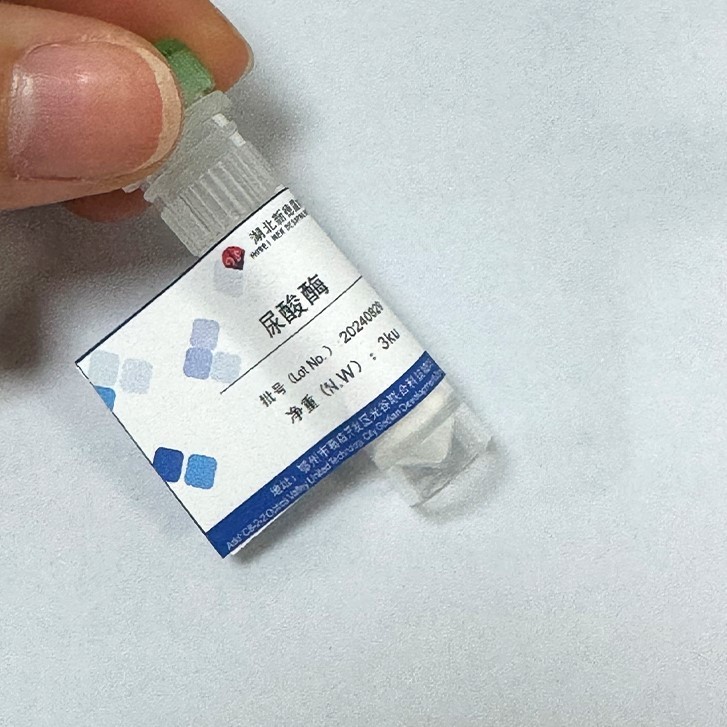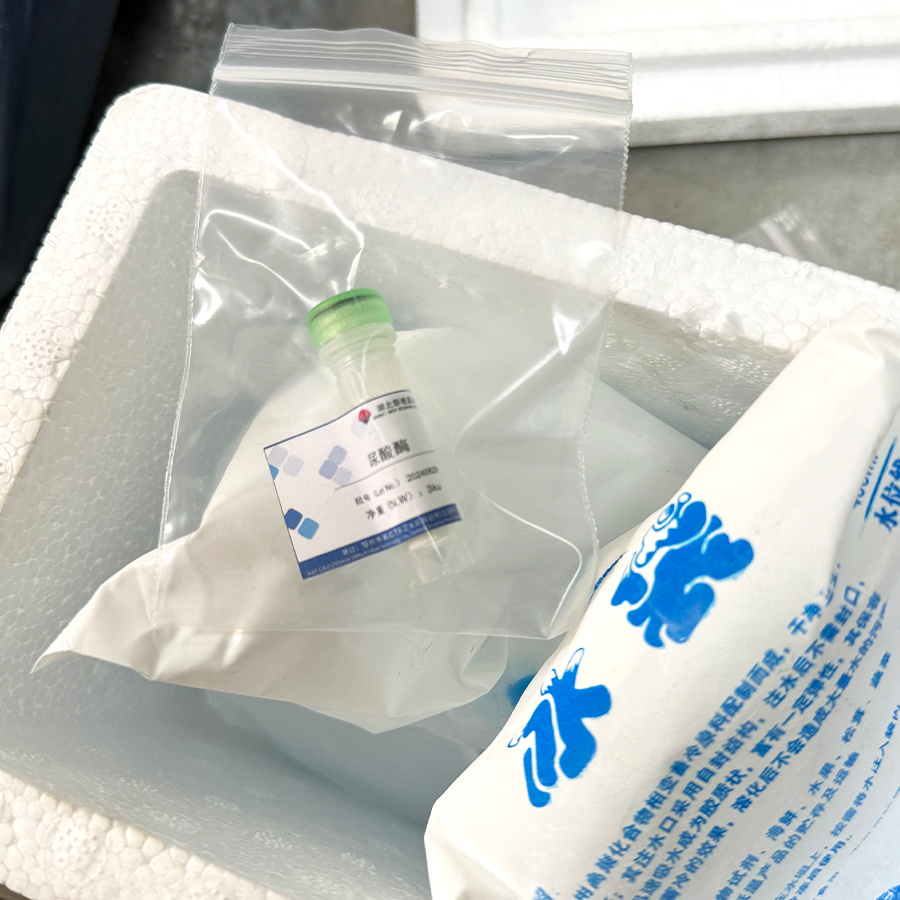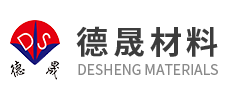Unlocking the password for antigen antibody preparation: the key to the field of life sciences
Release time:
2025-09-04
In the fields of life sciences, medical diagnosis, and drug development, antibodies serve as key detection tools and treatment methods, and their quality directly determines the accuracy of experiments and the reliability of applications. However, the core of antibody preparation does not start with the antibody itself, but with the antigen - only high-quality antigens can induce high titer and high specificity antibodies. So, how to obtain the ideal antigen? What are the key technologies for antibody preparation? This article will analyze each one for you.

Antigen preparation: the cornerstone of antibody preparation
The quality of antigens directly affects the potency, affinity, and specificity of antibodies. An ideal antigen typically possesses the following characteristics:
High molecular weight: usually greater than 10 kDa, more easily recognized by the immune system.
Strong exogeneity: There is a significant difference between the host's own protein and its immunogenicity.
Complex structure: Antigens with rich spatial conformation can stimulate stronger immune responses.
Good degradability: Can be effectively processed by antigen-presenting cells and stimulate B cells.
At present, the preparation of antigens mainly relies on three major technologies:
Natural protein purification: Extracting natural proteins from biological tissues, the purification process is complex, but it can preserve the natural conformation.
Recombinant protein expression: Expressing target proteins in bacteria, yeast, or mammalian cells through genetic engineering, with high purity and batch stability.
Artificially synthesized peptides: Peptide fragments can be chemically synthesized for small molecule antigens or proteins that are difficult to express, and then coupled with carrier proteins to enhance immunogenicity.
Antibody preparation: monoclonal antibody vs polyclonal antibody
After obtaining high-quality antigens, one can enter the antibody preparation stage, which is mainly divided into two types: monoclonal antibodies (mAbs) and polyclonal antibodies (PAs):
Monoclonal antibodies: prepared by hybridoma cell technology, with strong specificity and batch stability, suitable for detection and targeted therapy, but with long research and development cycles and high costs.
Polyclonal antibodies: directly obtained through animal immunization, capable of recognizing multiple epitopes of antigens, with simple preparation and low cost, but there may be differences between batches.

Product packaging
On the path of balancing technology and precision in antigen and antibody preparation, the control of every step is crucial to the quality of the final outcome. Desheng New Materials, with years of experience and technological accumulation in the field of life sciences, not only provides high-purity and highly active antigen raw materials, but also has a mature antibody preparation technology support system.
From antigen design and synthesis to single/polyclonal antibody preparation, Desheng New Materials provides professional and customized services to help break through technological bottlenecks in scientific research and diagnosis, and provide solid and reliable core raw material guarantees for life science research and medical applications. Desheng is willing to work together with you to promote the progress of biotechnology!
Contact details
Contact number
Address: C8, Guanggu United Science and Technology City, Ezhou City, Hubei Province
Fax:0711-3704 589
Follow us



